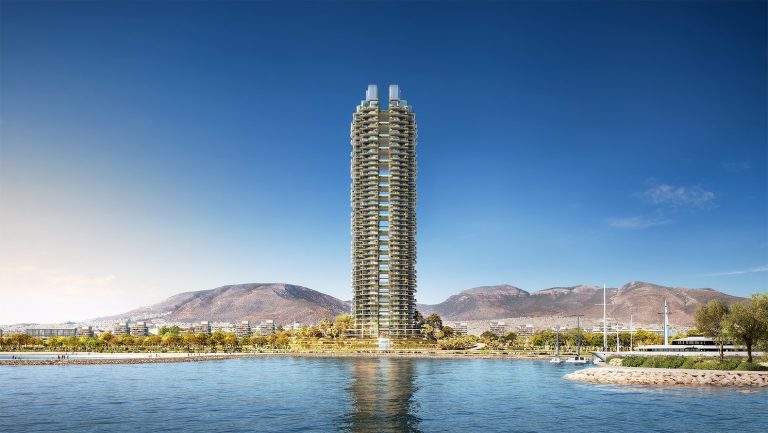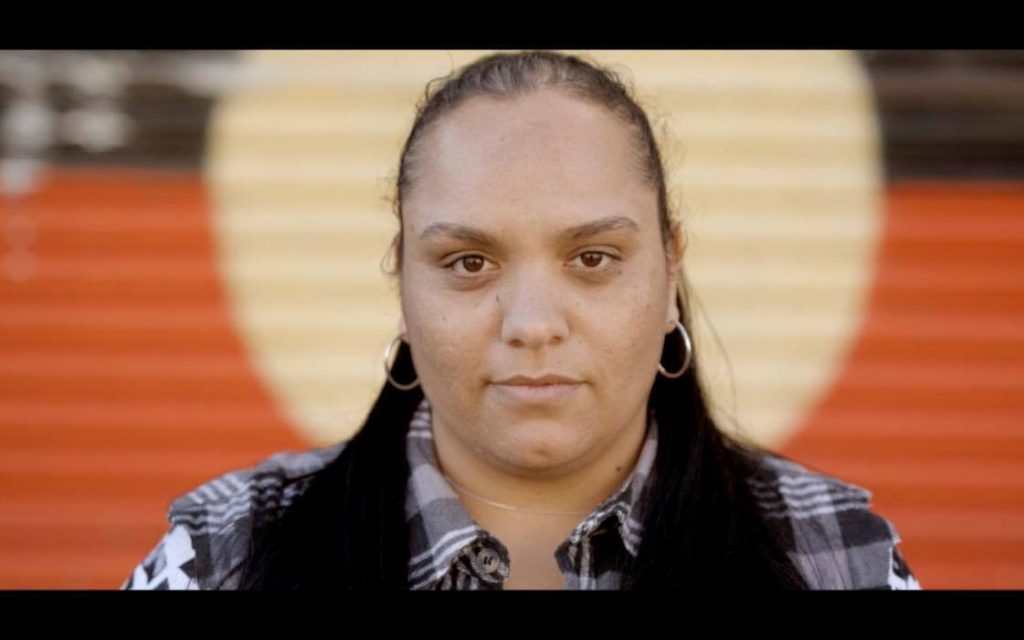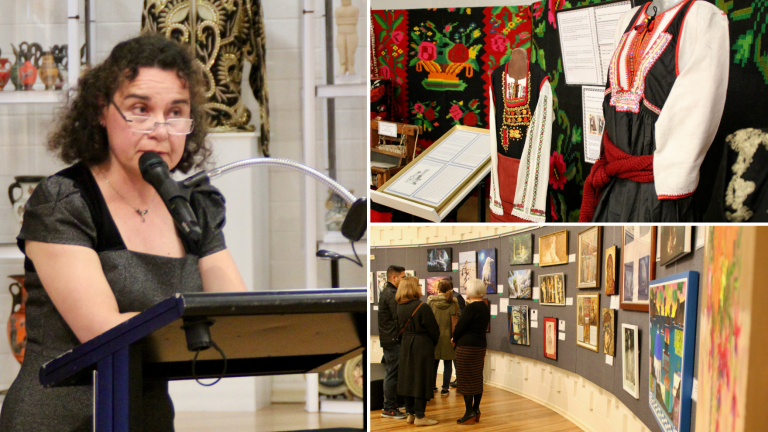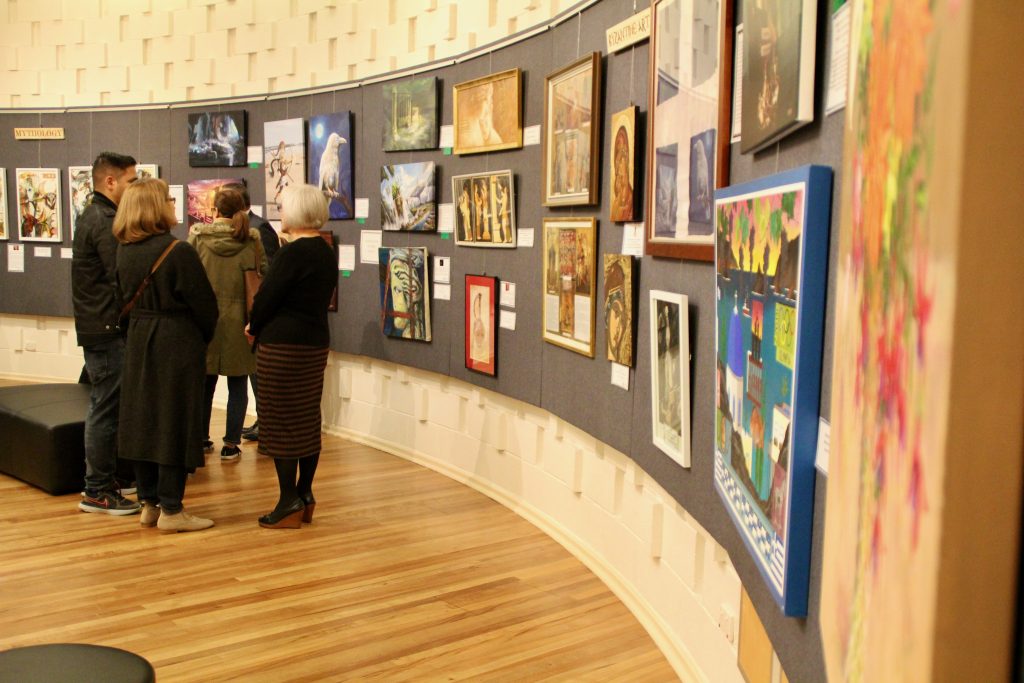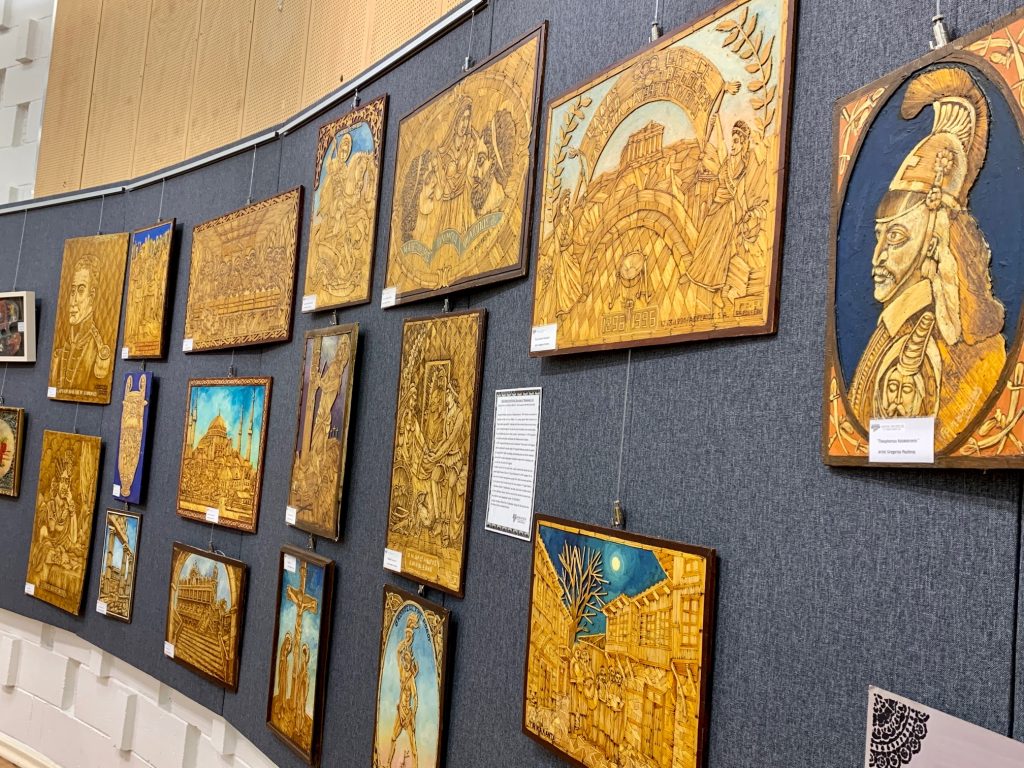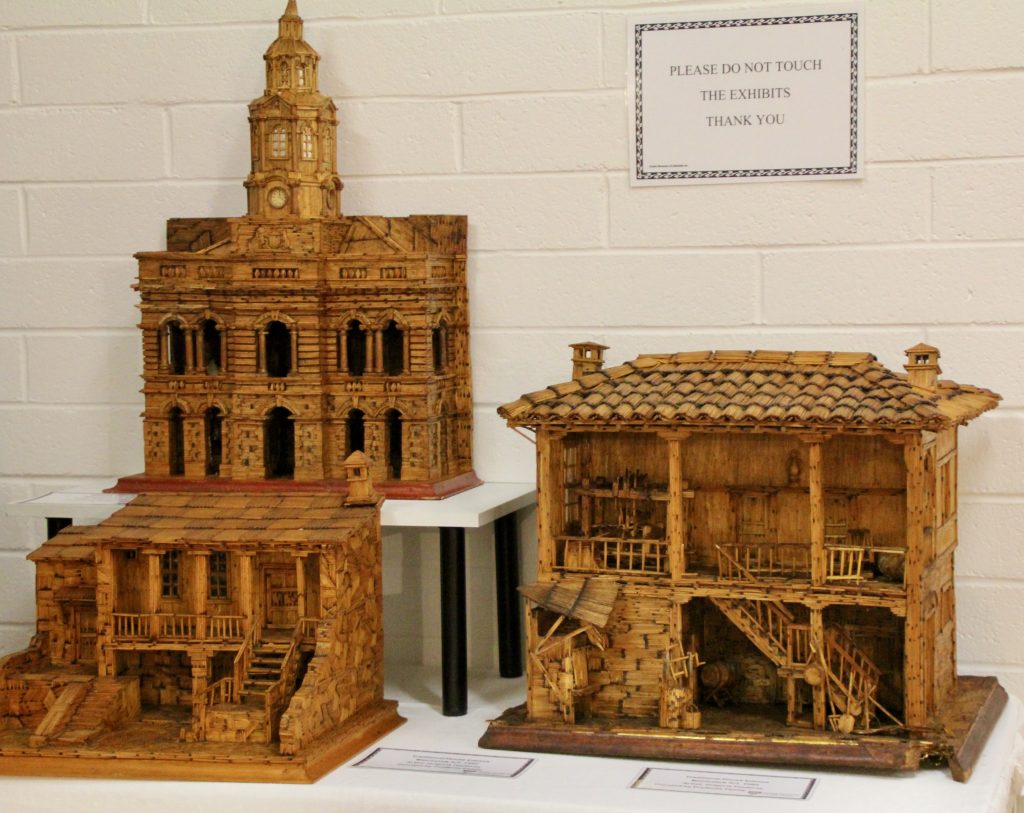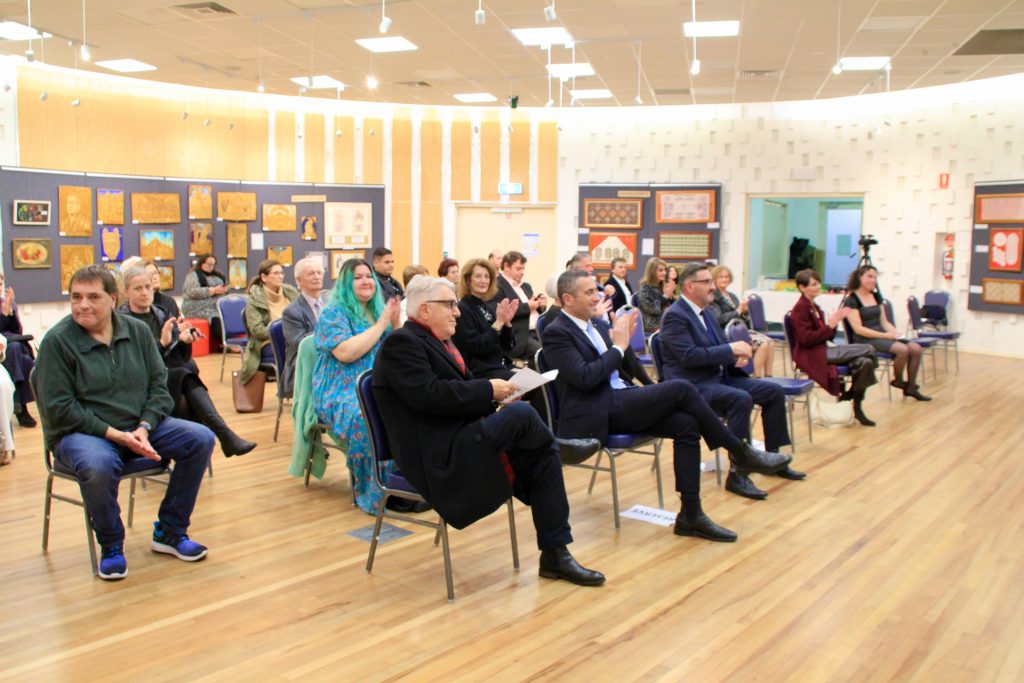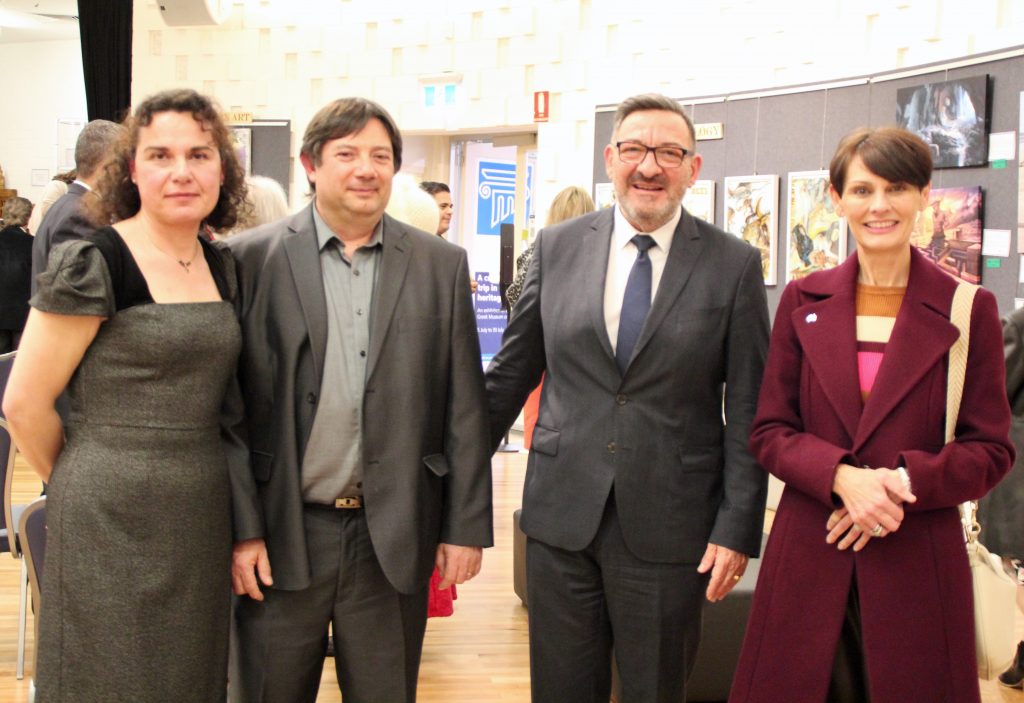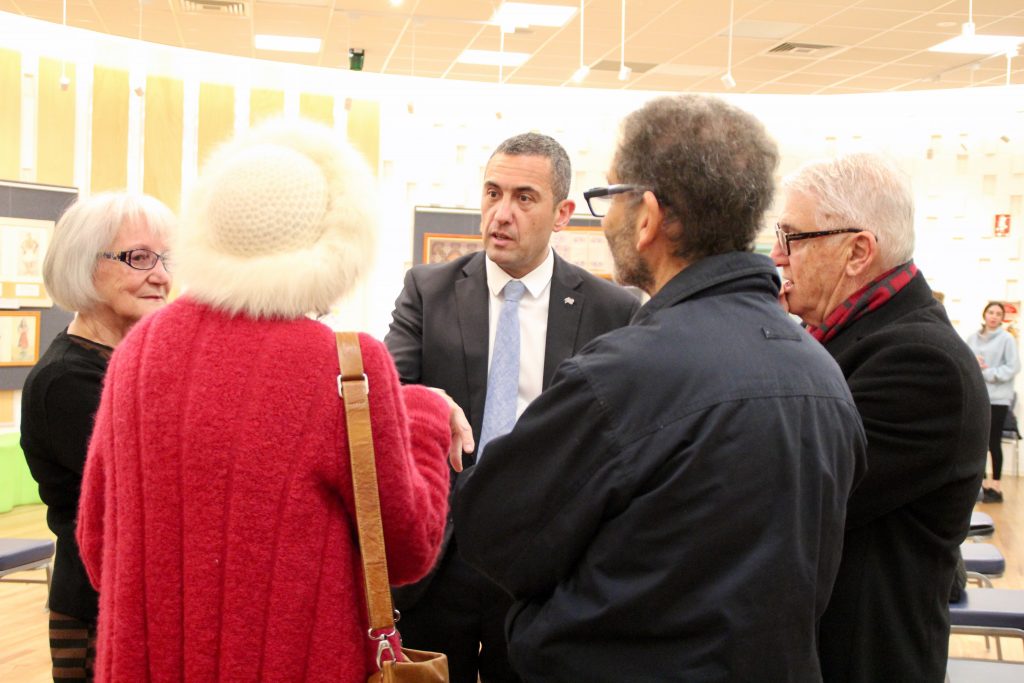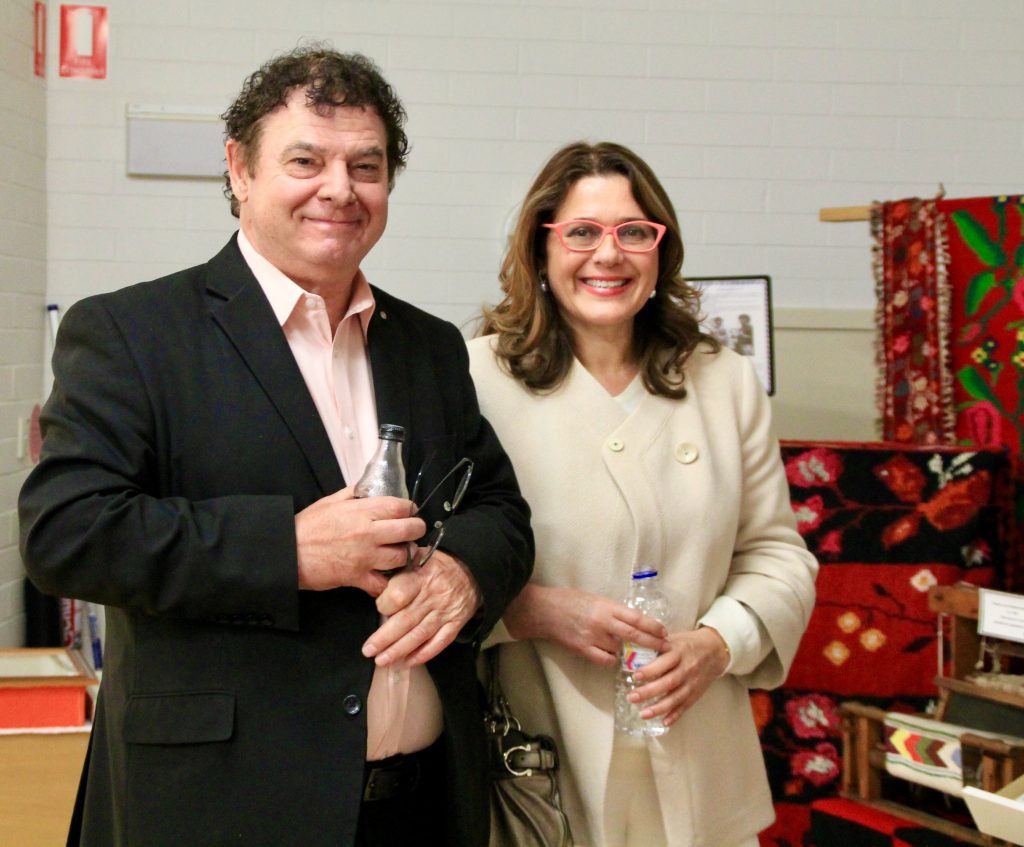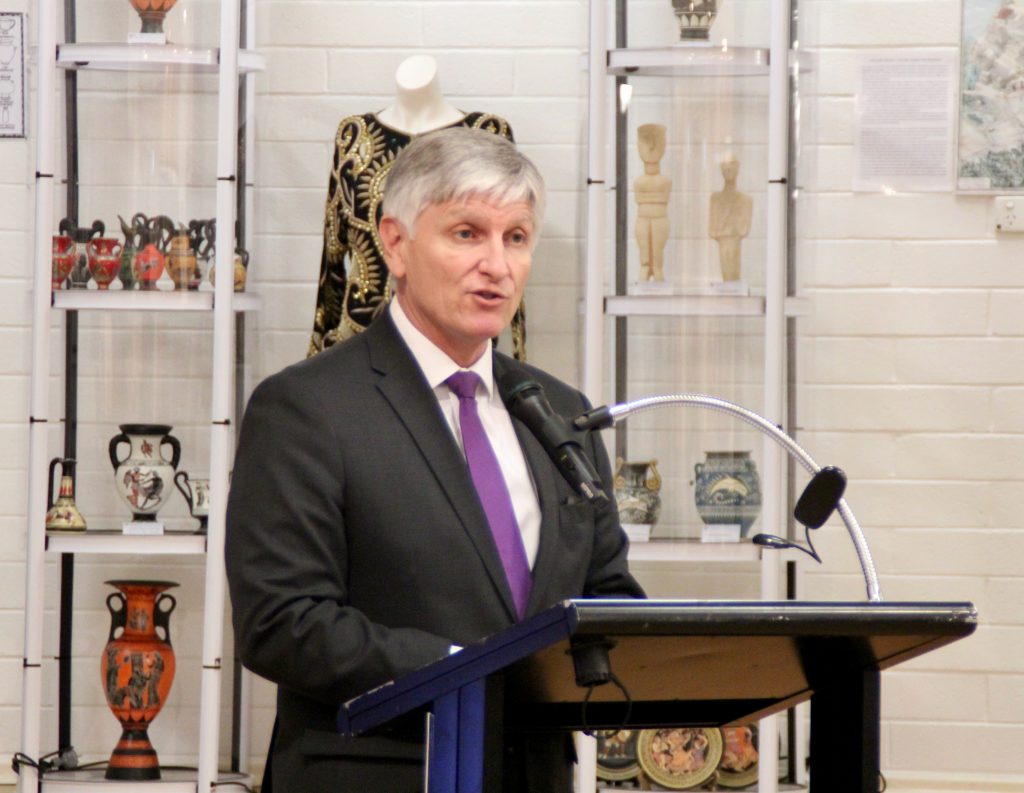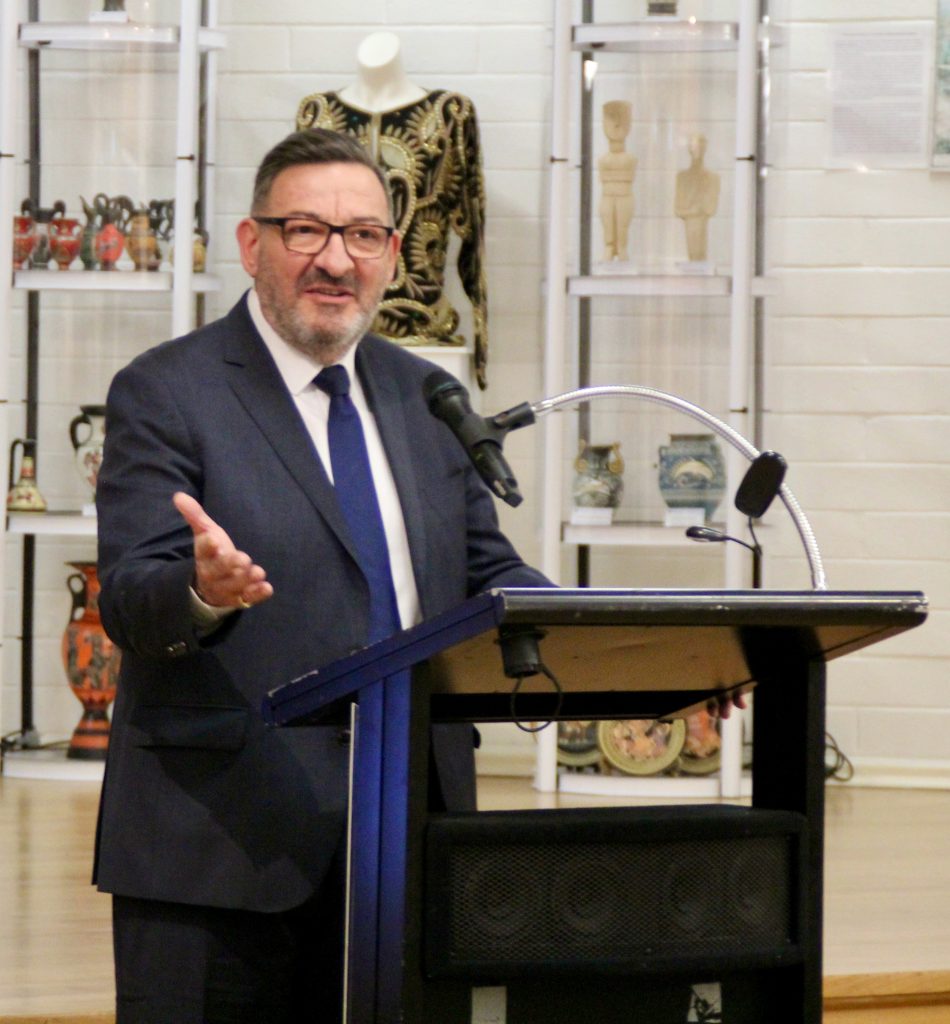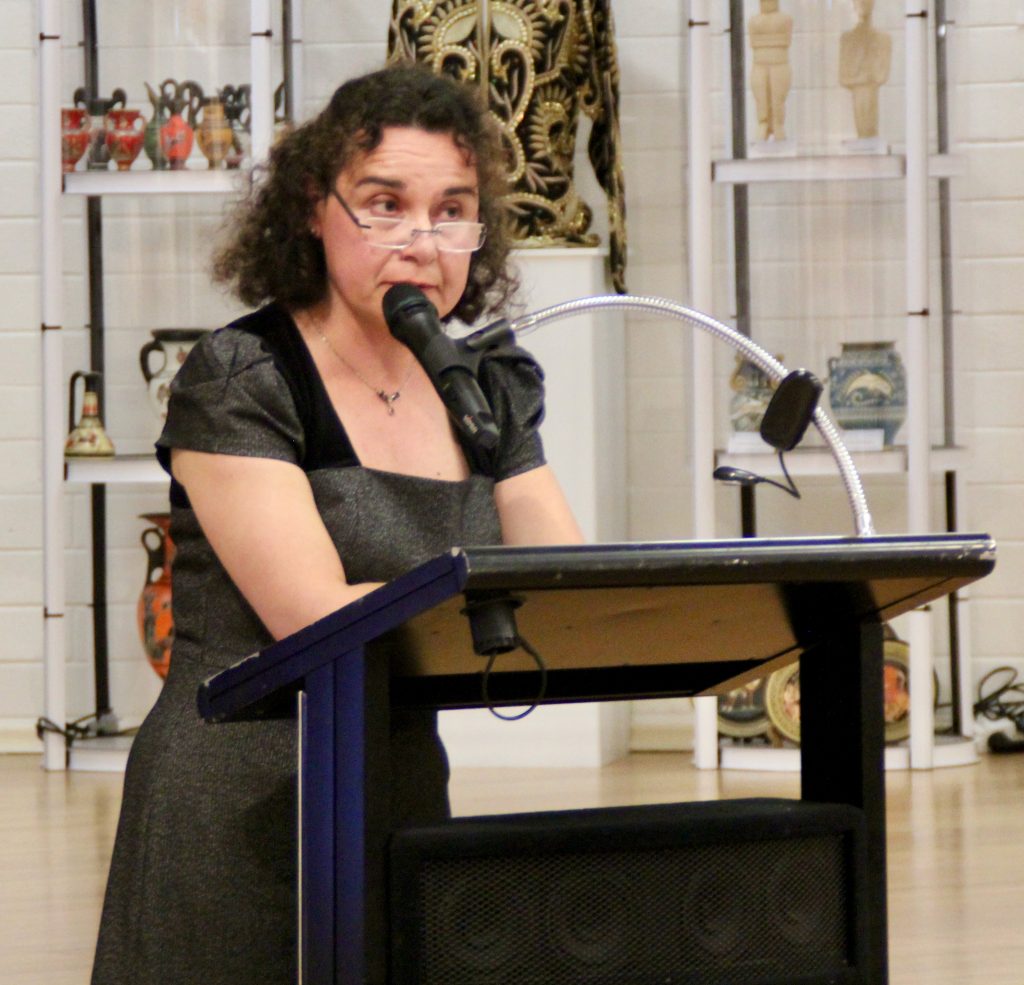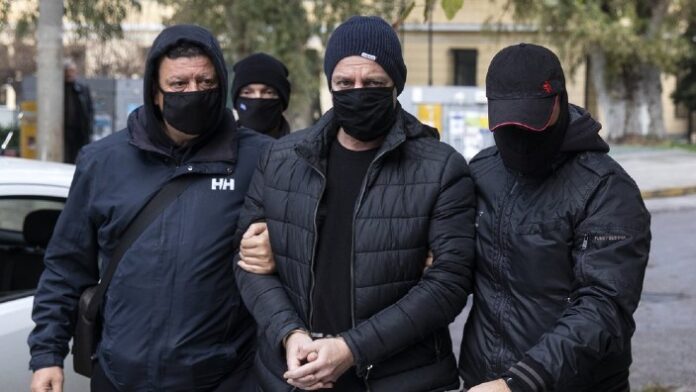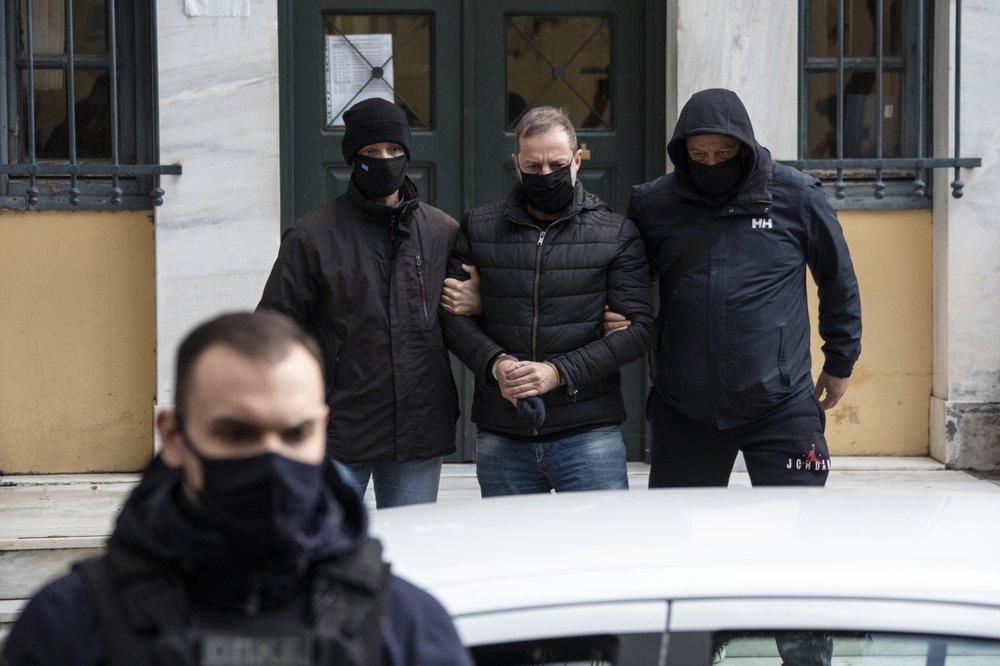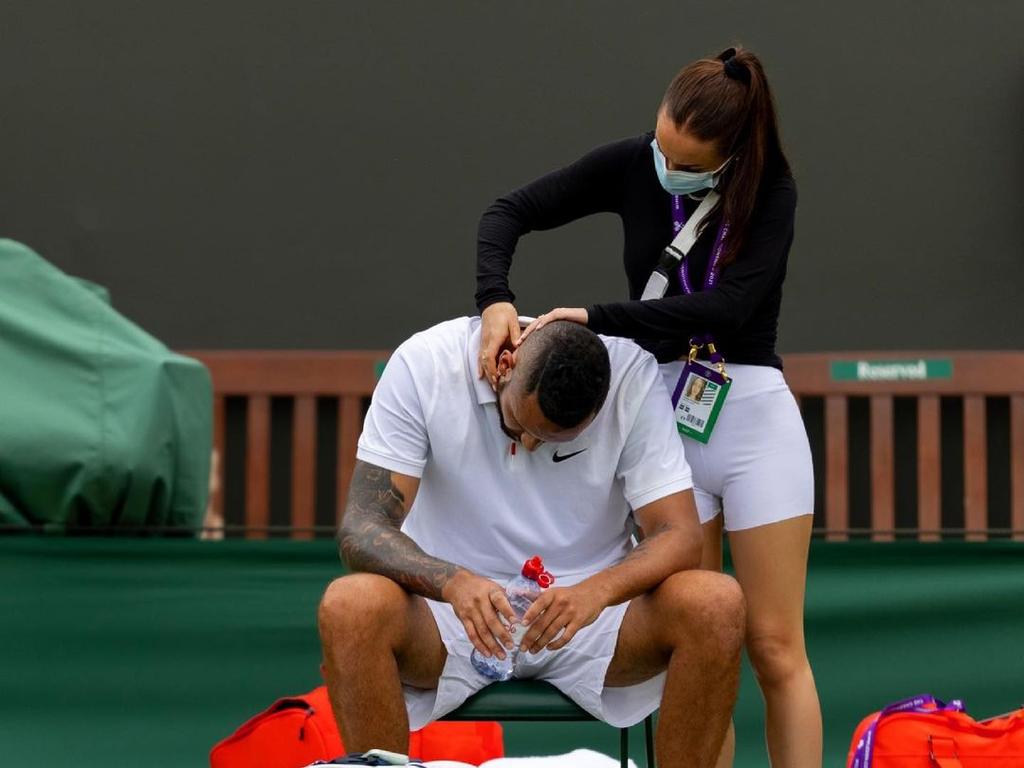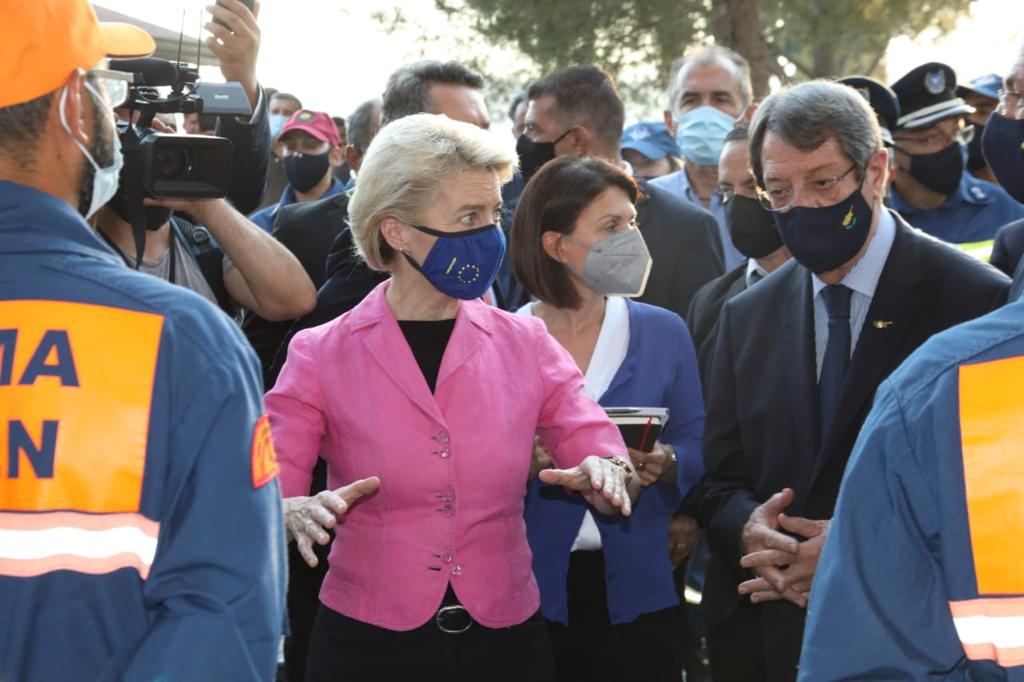Foster+Partners has unveiled its design for Marina Tower, a residential project set to become the tallest building in Greece.
According to Archdaily, the building is located in Ellinikon, on the outskirts of Athens, and is part of a larger development plan meant to transform the site of the former airport into several new neighbourhoods centred around a large coastal park.

The 200-metre tall tower at the heart of the masterplan includes 200 dual-aspect apartments across 45 floors. The Marina Tower seeks to embody the character of the Greek coastal landscape, with a morphology composed of two volumes connected by multiple platforms containing water features, showcasing a strong focus on natural light and ventilation.
According to the architects, the project is set to be “the first green high-rise building in Greece” and “a model of sustainable design, incorporating best environmental practices and cutting-edge international safety protocols”. Upon completion, the building will be one of six tall structures developed within Ellinikon.

“Ellinikon masterplan gives new direction to urban development in Athens, bringing together new ways of living, working and playing, centred on a metropolitan park – a generous amenity for local communities and the city of Athens. Our proposals for Marina Residential Tower build on these sustainable principles to generate a new paradigm for high-rise living and a green beacon in the landscape,” Antoinette Nassopoulos-Erickson, Senior Partner at Foster + Partners.
The Ellinikon Masterplan envisions a new coastal development in Greece that repurpose the existing infrastructure to create a polycentric district comprising several neighbourhoods with a diverse mix of functions.
Source: Archdaily

